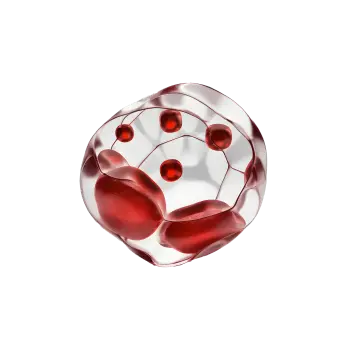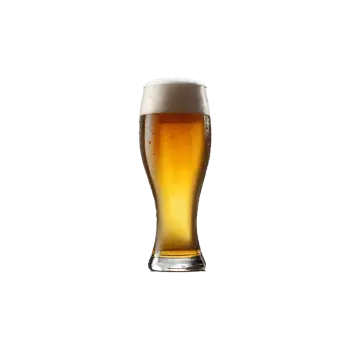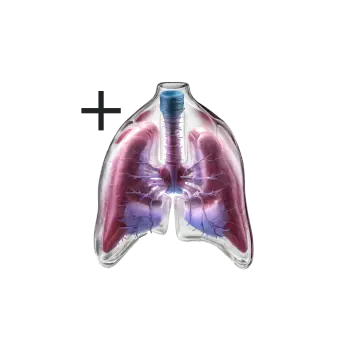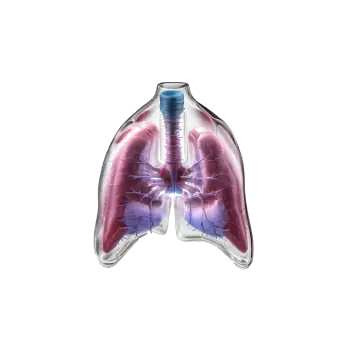The heart is a muscle that constantly works to pump blood to all parts of the body, to supply the organs with oxygen. It is made up of two atria and two chambers, where the atria supply the chambers with blood which is then pumped out into the bloodstream. The sinus node, located in the right atrium, is the part of the heart muscle's electrical conduction system that normally controls the heart's rhythm. Electrical impulses from the sinus node cause the heart muscle to contract and the blood to circulate through the vascular system. But some diseases or injuries can affect these impulses, which can cause the heart to beat irregularly and less efficiently. This can cause impaired circulation and increase the risk of heart failure. In addition, atrial fibrillation increases the risk of blood clot formation.
Common symptoms of heart fibrillation may include
- Irregular heart rhythm: The heart may beat irregularly or faster than normal.
- Palpitations: You may experience a feeling that your heart is beating very fast or skipping beats.
- Weakness and tiredness: You may feel tired or exhausted for no reason.
- Dizziness or fainting: Irregular heart rhythm can affect blood circulation and cause dizziness or in some cases fainting.
- Chest pain: Some people may experience discomfort or pain in the chest, which can sometimes be mistaken for symptoms of a heart attack.
- Shortness of breath: Atrial fibrillation can cause the heart to not pump enough blood, which can make it difficult to breathe or feel short of breath with exertion.
It is important to remember that symptoms can vary from person to person. Some people may have mild symptoms while others may experience severe symptoms. If you suspect you have heart fibrillation or are experiencing any of the above symptoms, it is important to seek medical help for proper diagnosis and treatment.


























